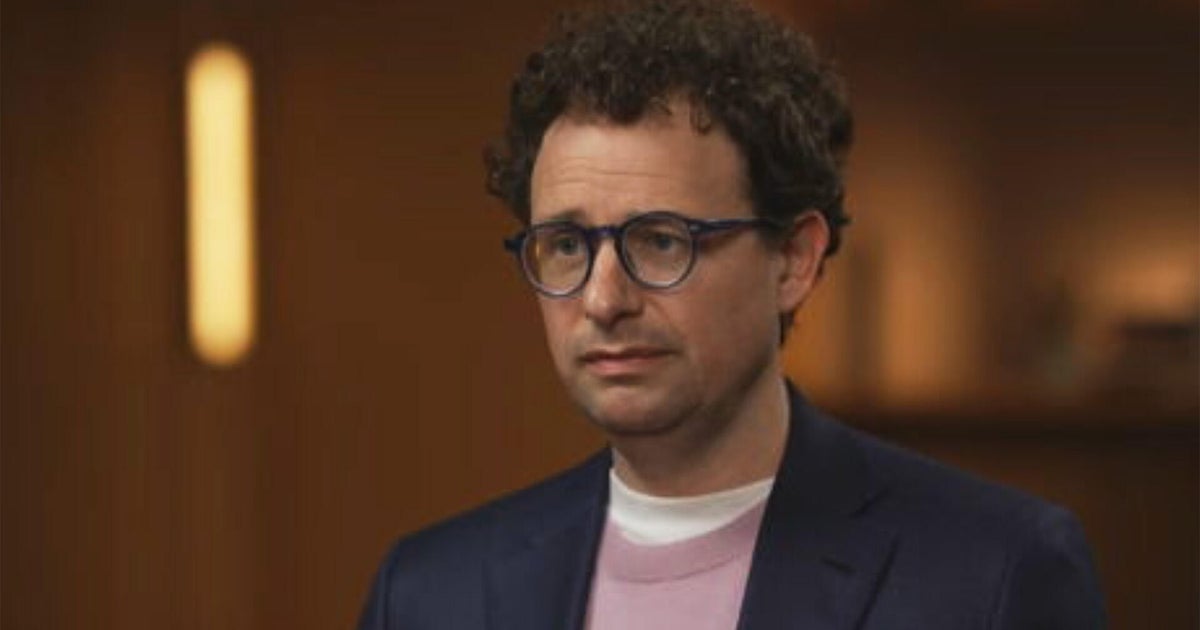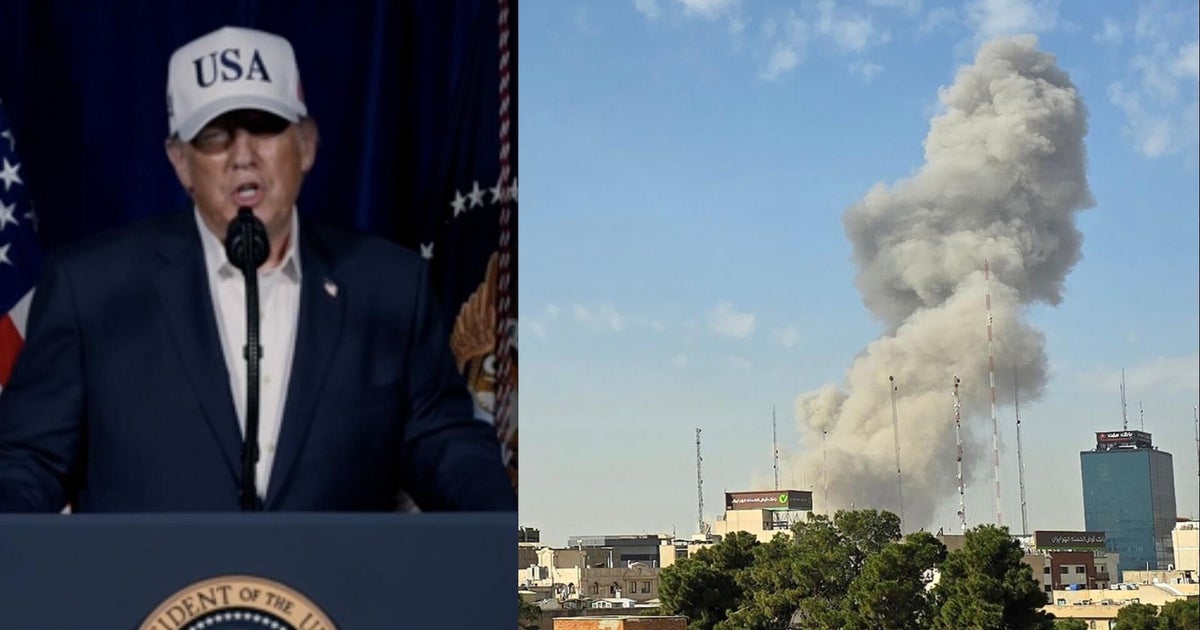Transcript: Congressman Adam Schiff on "Face the Nation," May 16, 2021
The following is a transcript of the interview with Congressman Adam Schiff that aired Sunday, May 16, 2021, on "Face the Nation."
JOHN DICKERSON: We want to bring in the chairman of the House Intelligence Committee, Adam Schiff. Congressman Schiff, I want to ask you about the situation in Israel. Israel has a right to defend itself, but is taking criticism about the amplitude of that response. At least 181 Palestinians dead, including, 52 children. The attack on the building that houses the Associated Press and Al-Jazeera, is the response disproportionate in your mind to these attacks from Hamas?
REP. ADAM SCHIFF: Well, first of all, it's a terrible tragedy what's going on and the loss of life is just deplorable. Every rocket that Hamas sends into Israel is a deliberate effort to kill civilians. And I think we need to understand that these rockets are indiscriminate and by definition designed to kill civilians. Israel has the right to defend itself, but has to use every effort to avoid civilian casualties. Now, I think they are trying, but nonetheless, the death toll increases and the violence has got to stop. And I think we need to do everything possible to bring about a cease fire. I think the administration needs to push harder on Israel and the Palestinian Authority to stop the violence, bring about a cease fire, end these hostilities, and get back to a process of trying to resolve this long-standing conflict.
JOHN DICKERSON: The Bush administration has sent an envoy to Israel and is working on trying to get- to get the violence to cease. But what more can the administration do? What leverage do you think it can use against- with Israel?
REP. SCHIFF: Well, I think there just has to be sustained diplomatic engagement of the United States with our Palestinian partners, with our Israeli partners, with Egypt and other countries to try to bring about an end to this this unspeakable loss of life. And I think that international effort, if sustained, will bring about that result. But we're going to have to speak out clearly about this. This has got to end. We can't have the targeting of buildings with press organizations. We can't continue to see this loss of civilian life. It's got to come to an end. And while, I, you know, I also want to say, while I fully defend Israel's right to defend itself, it needs to do what it needs to do to protect its people. I don't want that to be interpreted as support for Israeli settlement policy or the eviction of Palestinians from their homes. The Palestinian people have a right to live in peace and freedom, to a state of their own, living side by side in peace with Israel. And I think those points have to be underscored as well. But right now, the priority has to be ending the violence.
JOHN DICKERSON: I want to pick up on that point you're making that- and I'll address this to the prime minister as well when we talk to him. But Bernie Sanders wrote a piece in The New York Times and the headline was, "The US must stop being an apologist for the Netanyahu government." And his argument seems to be distinct from these clashes that have been going on for the last week. That US- the US supports Israel a very strong, longtime ally, but it supports essentially the Netanyahu government, which puts such pressure on the Palestinians that it makes any kind of two-state solution or peace solution impossible, and that, in fact, it creates conditions that are impossible for the Palestinians to live under and that the US government should break from Netanyahu. And we have the prime minister right now. And I'll get back to you later in the broadcast, Congressman. But now we're going to switch to the prime minister.
(BREAK)
JOHN DICKERSON: And we're back with the chairman of the House Intelligence Committee, Adam Schiff. Congressman, I want to jump to the issue of the Colonial Pipeline. What do you think was exposed by this ransomware attack in terms of our vulnerabilities?
REP. SCHIFF: Well, that our critical infrastructure is just not adequately protected. This is something that we knew before this attack, but now we can see so graphically, and I think it really calls upon the government to insist that a lot of this critical infrastructure that's in private hands be better protected. And if it means the government is going to have to set out minimum security standards, cyber security standards for private industry and critical infrastructure, then that's what we need to do. But we're all too vulnerable. I think the government is also going to have to go after these ransomware groups. And I think we're going to have to hold the host governments like Russia, China and elsewhere responsible and force them to indemnify against these attacks when they allow these criminal groups to operate on their soil.
JOHN DICKERSON: When you say go after them, retaliate with attacks or try to prosecute them? What do you mean?
REP. SCHIFF: Well, I think we certainly ought to prosecute them when we can, although that's very difficult given where they're located. But I think we need to use our own cyber capabilities to go after their infrastructure, to cripple their ability to conduct more ransomware attacks, to deprive them of the resources that they gained by claiming ransoms and make their life very difficult. We have the capability to do these things. I think we need to utilize that capability.
JOHN DICKERSON: In the minute we have left, there is sometimes called a 'blind spot' between the intelligence agencies you work with and the corporations. How do we close that blind spot? How do they communicate in a way? One's public, one's private.
REP. SCHIFF: Well, we need to increase that collaboration. We've tried in the past, not very successfully. We need to make sure that the private industry feels comfortable sharing information with the government and- and vice versa while protecting people's privacy. But we also need to hold them accountable. Private industry needs to report to the government and they need to report to their own customers when they've been the subject of cyber-attack or hack, because it's individual privacy and data that's often being compromised. So there needs to be greater collaboration and a lot greater disclosure.
JOHN DICKERSON: OK, Congressman Adam Schiff, thank you so much for being with us on this exciting morning. We appreciate it. Thank you. And we'll be right back in a moment.



